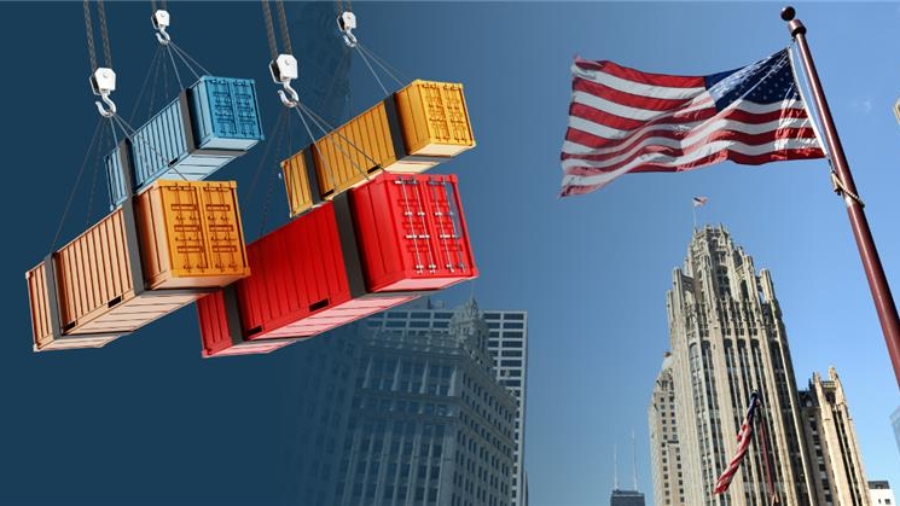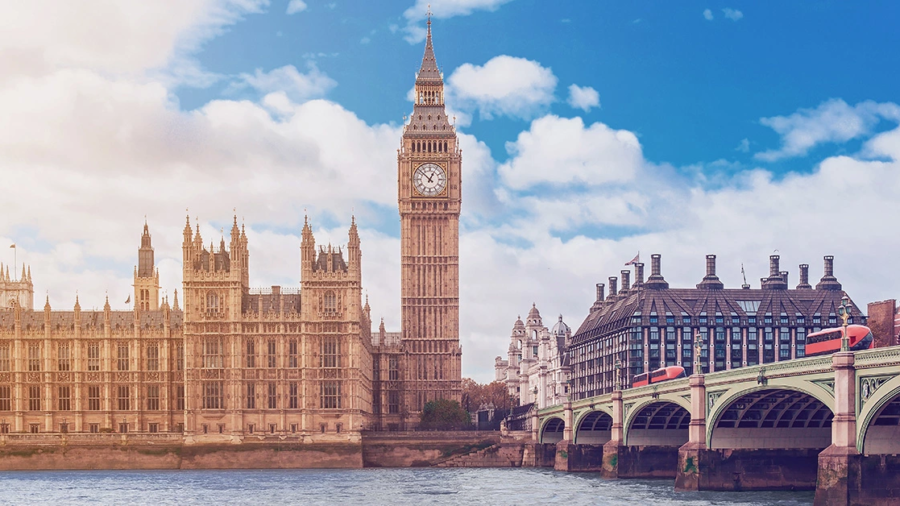As you’d expect from the world of shipping and customs, things are constantly moving. Together with Amazon, we’ve made changes to systems and processes that are designed to be simpler for you, helping to keep your business running smoothly and growing across the UK-EU border.
See what’s new for all sellers based in the EU and UK.
What do the new changes mean for sellers?
Overall, you can expect to see:
- Connection to your Amazon Seller Central account with our Client Portal (Infiniti) through an API
- Import VAT deferral for EU and UK sellers
- More departures from sort centres and expanded routes
- Better shipment tracking and notifications
- Expanded bundles launching
Let’s take a closer look at each of the new updates:
1. New shipment booking system and API connection
One of the major updates is the introduction of a new booking system aimed at improving the efficiency of shipment bookings. Previously, you had to enter shipment details on Amazon Seller Central and then duplicate this information on the AVASK client portal.
The new system eliminates this by allowing you to submit all necessary information directly on Seller Central. This includes:
The API connection between Seller Central and our client portal further streamlines the process, meaning quicker approval and processing of shipments.
The integration allows AVASK to efficiently process bookings by approving or rejecting them and collecting the shipment brokerage fee, and significantly reduces the time required to get shipments from the UK into Amazon FBA in the EU, and vice versa.
Read more about the new booking system
2. New import VAT deferral for UK and EU sellers
Import duties are an important consideration for sellers. Unlike VAT, import duties cannot be deferred, but there are trade agreements between the UK and the EU that can reduce or eliminate duties for certain products.
Deferring import VAT is key to improving cash flow and ease your financial burden. In France, Germany and the UK, sellers can use postponed VAT accounting (PVA) or similar deferral mechanisms to defer import VAT, meaning they don’t have to pay it upfront and then reclaim it later. For example, in Germany, the ATS program allows sellers to defer VAT by routing shipments through the Netherlands using Article 23.
How to defer import VAT
- Register for PVA when registering for a VAT number in the UK
- Defer VAT payment until filing VAT returns, improving cash flow
Key things to know about import duties
- Import duties are typically a percentage of the product’s value and can vary depending on the product and its country of origin.
- Products manufactured in the UK or the EU may qualify for zero percent duties under the trade agreement, provided they meet the origin criteria.
3. New Amazon sort centre in Rochester and more departures for UK sellers
Amazon has opened a new sort centre in Rochester, UK, replacing the previous centre in Weybridge. This change is part of an effort to increase the frequency of departures, with three to four departures per week now available. This improvement aims to reduce delivery times and enhance the overall efficiency of the shipping process.
Benefits of the new sort centre in Rochester
- Expected to streamline the shipping process by providing more frequent departures
- Shipments can be processed and delivered more quickly, reducing overall transit time
Ensure your shipments are directed to the new sort centre in Rochester rather than Weybridge.
4. New expanded shipping routes for EU-based sellers
The ATS programme has expanded its routes, allowing EU-based sellers to ship from additional countries. Previously, sellers could only ship from Germany, but now they can also ship from the Czech Republic, Poland, the Netherlands, and Austria. This expansion provides more flexibility and options for sellers looking to move inventory across borders.
The new shipping routes mean that:
- You can now store goods in countries like the Netherlands and then ship them to the UK via Germany
- Sellers have more options for storing and shipping inventory
- It’s now easier to manage cross-border logistics
5. Better shipment tracking and notifications
To address the need for better tracking, Amazon has implemented a notification system for the ATS program. The system provides updates through Seller Central, where you can see the status of your shipments at various stages. You’ll receive updates on key milestones in the shipment journey, such as:
- when the shipment is received at the sort centre
- when it leaves the sort centre
- when it arrives at the destination marketplace
These notifications are available via Seller Central, giving you better visibility and control over your shipments.
6. New Amazon bundles for VAT, customs, and EPR
Amazon has introduced new bundles that include VAT numbers in the UK, France and Germany, customs, and Extended Producer Responsibility (EPR) services. These bundles are great for new sellers, or those who don’t yet have VAT registrations. When they launch, they’ll offer an even better way to handle VAT registration, EPR registration, and customs clearances, making it easier to expand your operations across borders.


